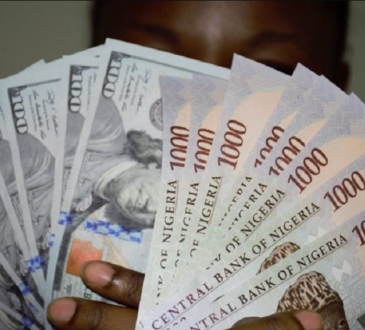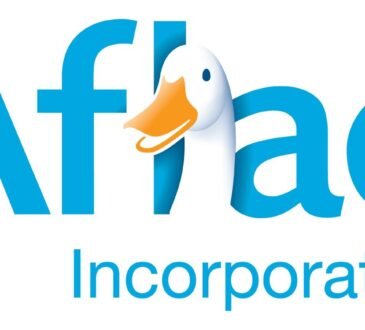As Thailand is an export-led economy, effective currency management strategies are essential to bolster its export activities, says Finance Ministry Pichai Chunhavajira.
“We are an exporting country. We must manage the currency strategically to support exports, as imports are just a part of the cost of exports, while exports include both imported and domestically produced components,” he said.
“When netted out, exports have a higher value. More exports lead to higher investments, involving both products produced domestically and those that come from imports.”
Mr Pichai said managing the currency is not simply about weakening it to promote exports, as a systematic approach is needed.
There are various methods that depend on the circumstances of each country, he said.
The approach towards a weakening baht must be reasonable, said Mr Pichai.
There are many rationales for this, and Thailand must look at examples from various countries, he said.
“When a currency strengthens because of a significant inflow of foreign currency, what can be done to weaken the currency? There are various tools available; intervention and interest rate mechanisms are only part of it. Another mechanism that helps weaken the currency is promoting investment,” said Mr Pichai.
“For instance, Singapore has established investment funds, and countries in the Middle East that receive large amounts of foreign currency also set up investment funds. In the case of Japan, while it may not be adept at establishing funds, Japan promotes Japanese investors to invest abroad.”
Finance permanent secretary Lavaron Sangsnit said the Monetary Policy Committee’s decision to reduce the policy interest rate by 25 basis points to 2.25% is considered a more appropriate level for the policy rate.
He said this move has not yet produced any noticeable pressure on economic stability.
Although it is only a slight reduction, Mr Lavaron said what is more important than the amount reduced is the signal that monetary policy and fiscal policy are moving in the same direction.
“Monetary policy is now in line with fiscal policy, which could generate some momentum,” he said.





